From July 1, the basic salary of civil servants and public employees increased by 30%. However, the family deduction in calculating personal income tax is outdated, so many people have not yet had time to celebrate the salary increase before having to worry about paying personal income tax.
A representative of the Ministry of Home Affairs said that from July 1, the basic salary will increase from VND 1.8 million to VND 2.34 million (30%) for all officials and civil servants. For the business sector, the regional minimum wage according to the Labor Law will increase by 6% compared to 2023.
The salary of civil servants and public employees is calculated by multiplying the base salary by the salary coefficient. According to Decree 204/2004/ND-CP, the highest salary for senior experts consists of three salary levels with coefficients of 8.8, 9.4, and 10, respectively.
After the salary increase, the total salary of a level 3 senior expert is up to 23.4 million VND/month. If there are no dependents, each senior expert must pay tax at a rate of 10% (after deducting for the taxpayer a rate of 11 million VND/person/month).
The position of civil servant type A3 has 6 salary levels, corresponding to the salary received from 14.5 - 18.7 million VND/person/month. With this salary, if there are no dependents, each individual must pay personal income tax at the rate of 5% (after deducting for the taxpayer the rate of 11 million VND/person/month).
In addition to the two highest-paying positions mentioned above, when salaries increase, civil servants and public employees whose total monthly salary exceeds 11 million VND will begin paying monthly personal income tax.

Ms. Bich Ngoc - an employee of a public service unit in Hai Ba Trung ( Hanoi ) - said that her current salary is nearly 10 million VND/month. From July 1, the salary will increase by 30%, Ms. Ngoc calculated that the salary she receives will be about 13 million VND/month.
"After the salary increase, I have to pay personal income tax every month. The current personal allowance of 11 million VND/person/month and 4.4 million VND/person/month is too outdated."
I live in Hanoi, all living expenses are high, this deduction is not enough to cover my living expenses. Now I have just increased my salary and have to worry about paying personal income tax every month,” said Ms. Ngoc.
The outdated nature of personal income tax has been evident for many years. The personal allowance has remained unchanged for the past 10 years, while the cost of living and prices of goods have continuously increased.
Accordingly, personal income tax is calculated based on wages and salaries with 7 tax rates, lowest 5% and highest 35%.
After family deduction (taxpayer 11 million VND/person/month and family deduction 4.4 million VND/person/month), the tax rates for each level include: Income from 5 million VND/month or less tax rate 5%; from 5-10 million VND/month tax rate 10%; over 10-18 million VND tax rate 15%; from 18-32 million VND tax rate 20%; from 32-52 million VND tax rate 25%; from 52-80 million VND tax rate 30% and over 80 million VND tax rate 35%.
Talking to Tien Phong reporter, Dr. Phan Phuong Nam - Ho Chi Minh City University of Law - said that the way of calculating personal income tax is outdated, the tax rates are too close, there are too many rates and it creates a burden for salaried workers.
Mr. Nam suggested that the authorities should regulate the family deduction level to be 3-4 times higher than the salary. When the salary increases, the family deduction level will increase accordingly.
“Increasing wages without solving the problem of family deductions and raising the taxable income threshold will put pressure on wage earners. The government increases wages to support the lives of wage earners, however, taxes have already eaten up a portion of the increased wages, not to mention the increase in commodity prices,” Dr. Phan Phuong Nam assessed.
Source












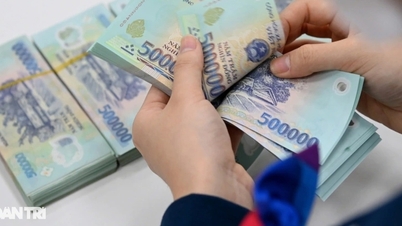










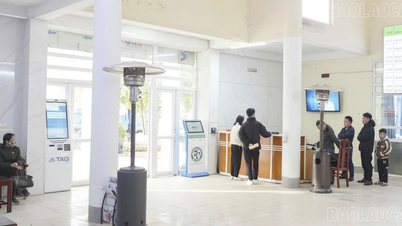





















![[Video] The craft of making Dong Ho folk paintings has been inscribed by UNESCO on the List of Crafts in Need of Urgent Safeguarding.](https://vphoto.vietnam.vn/thumb/402x226/vietnam/resource/IMAGE/2025/12/10/1765350246533_tranh-dong-ho-734-jpg.webp)
























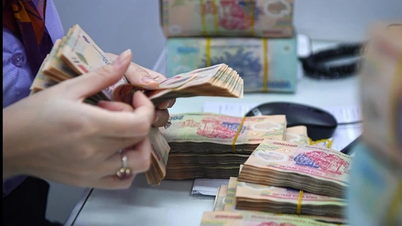














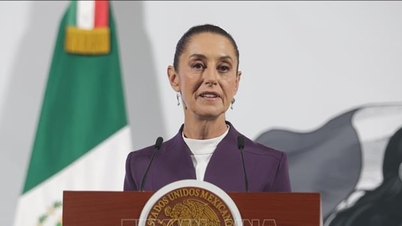

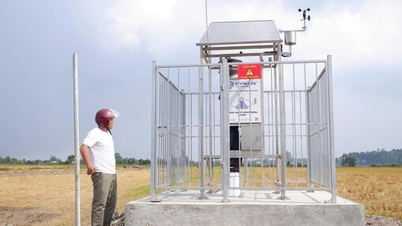

























Comment (0)